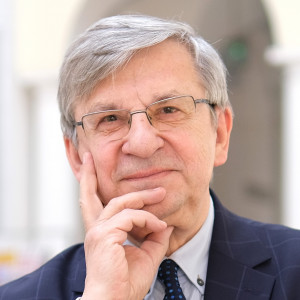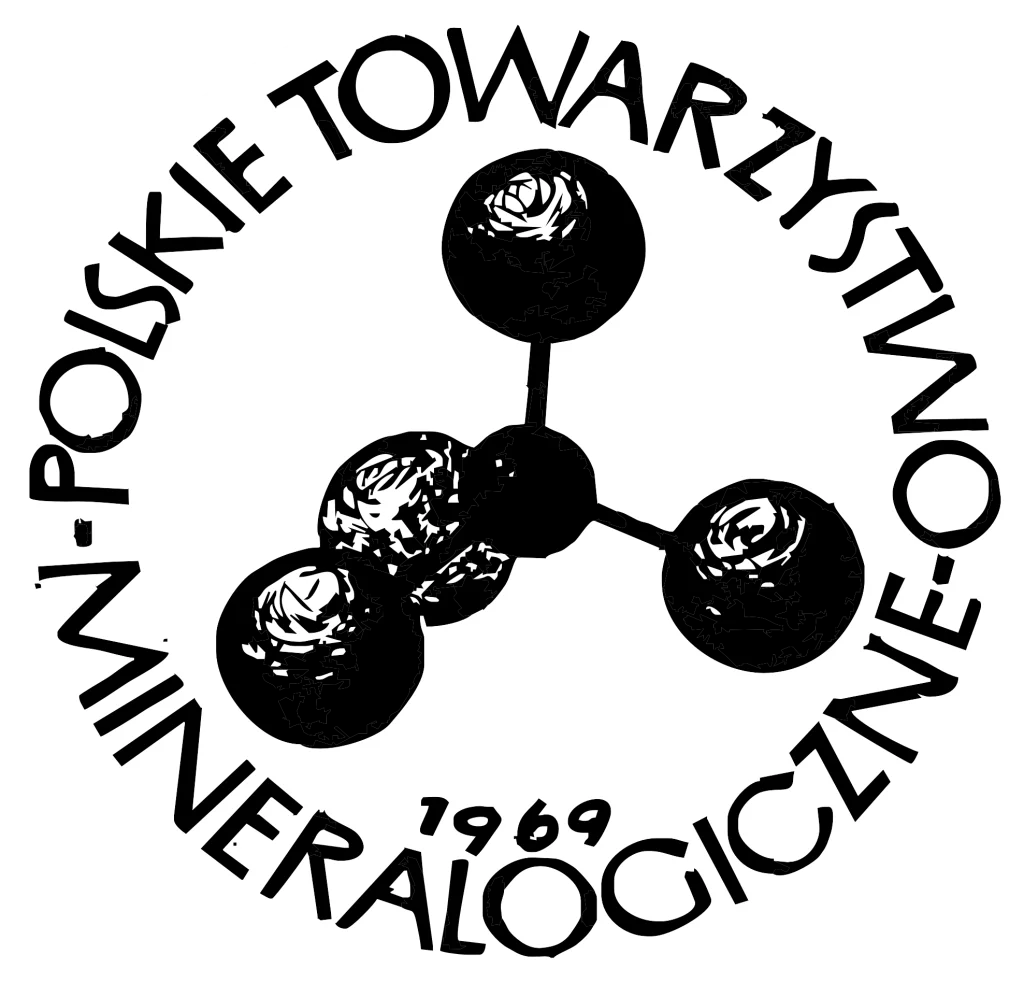
Keynote speakers
Krzysztof Galos
Deputy Minister of Climate and Environment of Poland, Chief National Geologist
Krzysztof Galos is Deputy Minister of Climate and Environment of Poland and Chief National Geologist of the Republic of Poland. He is a graduate of the Faculty of Geology, Geophysics and Environmental Protection at the Stanisław Staszic AGH University of Science and Technology. in Kraków. He holds a PhD in earth sciences in geology and has been a science and natural sciences professor since 2020. Before taking up his post, he worked as a director of the Mineral and Energy Economy Institute at the Polish Academy of Sciences. He is Vice-Chairman of the Committee for Sustainable Mineral Resources Management of the Polish Academy of Sciences. He has over 30 years of experience in economic, deposit, and mining geology, mineral resources management, mining economics, raw materials and energy policy. He is the author and co-author of more than 270 scientific publications and more than 100 expert reports for the Ministry of the Environment, other ministries and economic entities in geology and mining. He speaks English and Russian.
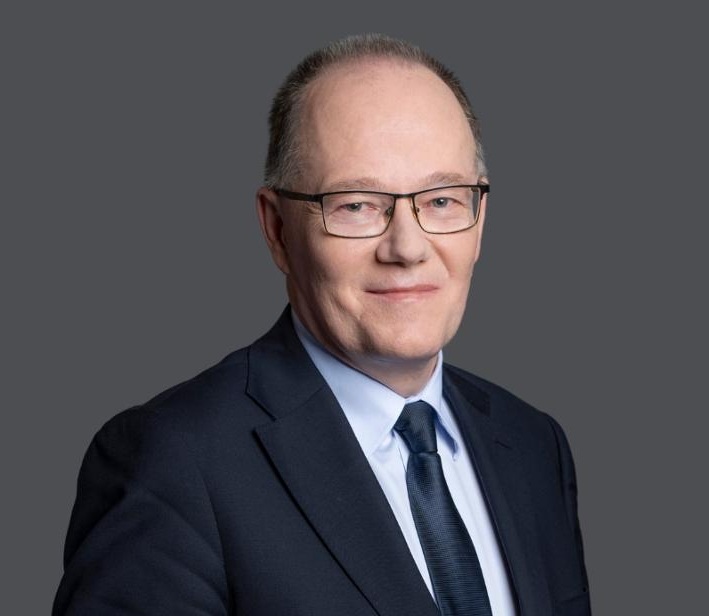
Iwona Gałeczka
Dr. Iwona Gałeczka, Senior Geochemistry Specialist at Carbfix, Iceland
Dr. Iwona Galeczka is a Senior Geochemistry Specialist at Carbfix – currently the only company injecting CO₂ into basalt at a commercial scale. She specializes in the exploration, development, and operation of CO₂ injection sites. In addition, she works as a laboratory supervisor and a lecturer at the University of Iceland.
Her research has been focused on CO₂–basalt interactions, both in laboratory settings – using high-temperature and high-pressure experimental reactors – and in the field, by studying natural analogues such as volcanic gas, ash, water, and rock interactions. Her expertise also includes geothermal utilization and the environmental impact of volcanic eruptions and glacial floods in Iceland.
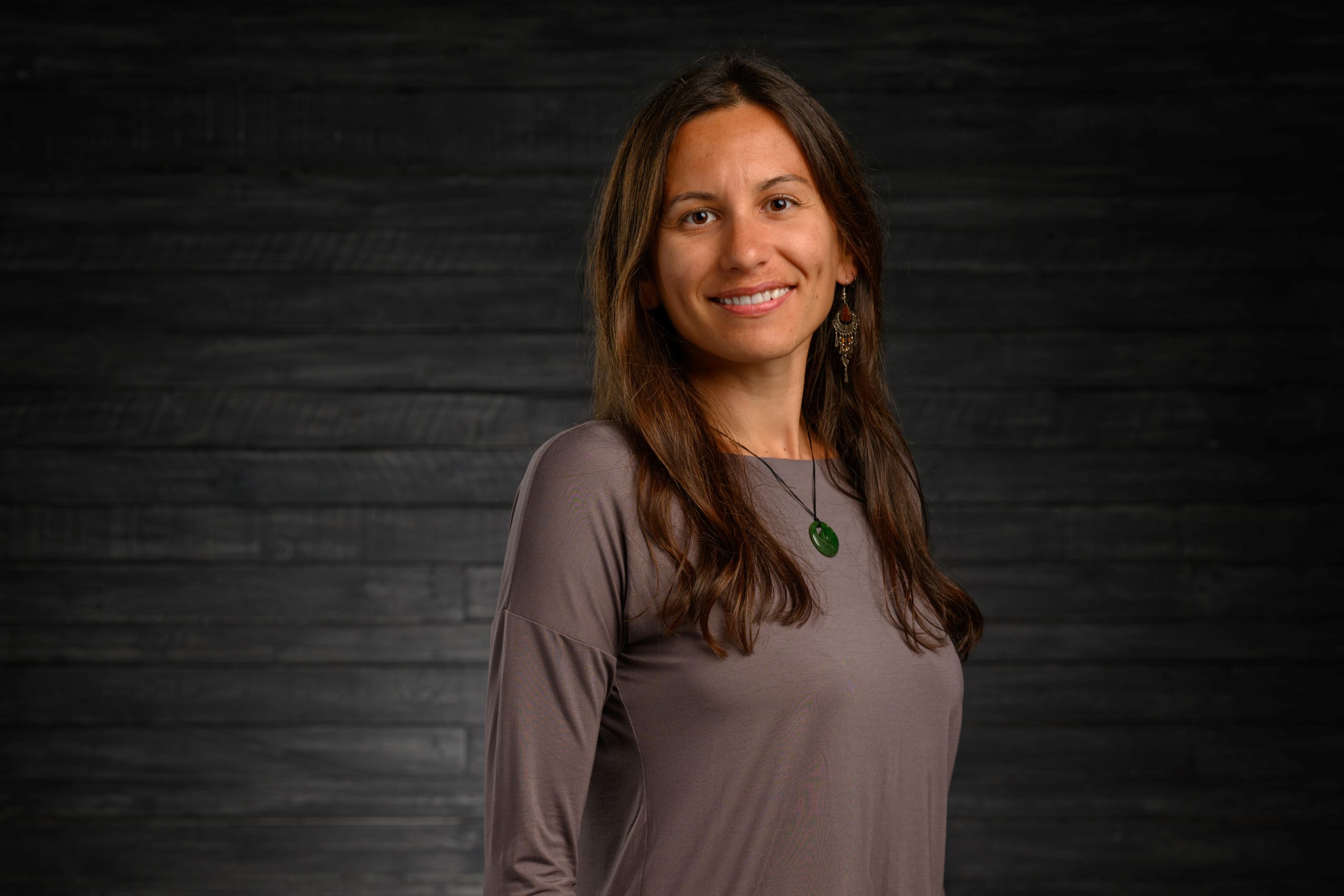
Jens Gutzmer
Prof. Jens Gutzmer, Helmholtz-Institut Freiberg für Ressourcentechnologie (HZDR), Institutsdirektor. Mitarbeiter des Helmholtz-Zentrum Dresden-Rossendorf (HZDR),
Jens Gutzmer is the founding director of the Helmholtz Institute Freiberg for Resource Technology. He is a visiting professor at the Paleoproterozoic Mineralization Research Group (PPM) in the Department of Geology, University of Johannesburg, South Africa. His research interests concern economic geology, he has relevant experience in a multitude of commodities and mineral deposit types. Most of his recent research has focused on geometallurgy and mineral systems analysis. The ultimate goals both of these research fields are very distinct. Yet, both require a very thorough and multi-scale understanding of geological, mineralogical and geochemical characteristics of orebodies and ore-forming systems.
Jens Gutzmer is recipient of the President Award of the National Research Foundation of South Africa (1999), the Waldemar E. Lindgren Award of the Society of Economic Geologists (2002) and the TWAS Award of the Academy of Sciences of South Africa (2007). He was awarded a Mercator Professorship to the Westfälische Wilhelms-Universität Münster in 2003-2004. He is an elected fellow of the Society of Economic Geology and the Geological Society of South Africa, and member of the Society of Geology Applied to Mineral Deposits, the International Association on the Genesis of Ore Deposits, and the Deutsche Mineralogische Gesellschaft. Currently, he serves on the editorial boards of the South African Journal of Geology and of Geochemistry. Since 2013 Jens Gutzmer is member of the Steering Committee within the European Rare Earths Competency Network (ERECON). He is also a member of the Advisory Board of Rock Tech Lithium Inc.
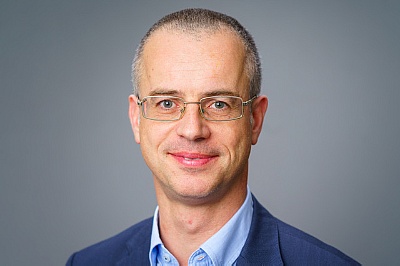
Eric van Hullebusch
Environmental chemist, Professor of Biogeochemistry of Engineered Ecosystems, Institut de Physique du Globe de Paris (IPGP) / Université Paris Cité (UPC).
Professor van Hullebusch’s academic record has spanned numerous research institutions, including: Université de Limoges (2002, PhD in Aquatic Chemistry and Microbiology), Wageningen University & Research (2002-2004, Marie Curie Postdoctoral Fellow), Université Paris-Est (2005-2015, Associate Professor in Biogeochemistry of Engineered Ecosystems), IHE Delft (2016-2018, Chair Professor in Environmental Science and Technology and Head of the Pollution Prevention and Resource Recovery Chair Group), and Institut de Physique du Globe de Paris (2018–present, Professor in Biogeochemistry of Engineered Ecosystems).
Research expertise: investigation of the role of microbial organisms on the weathering of materials (concrete sewer pipe, basaltic glass) and bioleaching of hazardous solid wastes (coal fly ashes, metallurgical waste or electronic waste) for base, precious and critical elements recovery, study of metals (e.g. Cd, Pb, Zn, Ni, Co, Cr) and metalloids (Se, Te) biogeochemistry in engineered ecosystems (e.g. bioreactors) mainly dedicated to wastewater treatment for pollution control and resource recovery, contaminated sites and soils (bio)remediation (organic contaminants removal by soil washing and treatment of soil washing solution by implementing chemical and biological processes. He was a leader of numerous international projects.
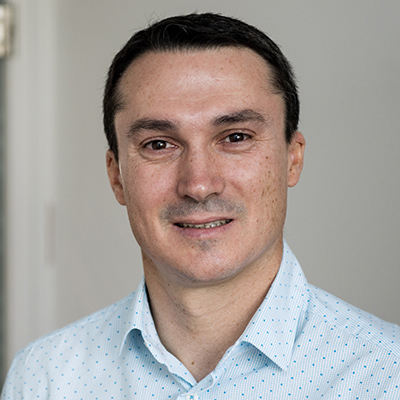
Alicja Łacińska
Dr Alicja M. Lacinska is a senior mineralogist/petrographer in the Decarbonisation and Resource Management Challenge at the British Geological Survey (BGS). Dr Lacinska specialises in micro and nano-scale investigations of ultramafic systems, serpentinites and nickel laterites and, their decarbonisation potential. She holds a PhD in low temperature experimental mineralogy with a particular application to mineral carbonation of ultramafic rocks and serpentinites. She currently leads BGS research programme on pathways toward sustainable mining of nickel laterites, including the development of innovative integration of mineral carbonation into ore processing and the removal of potentially toxic elements, specifically hexavalent chromium. In 2024, she led BGS team to deliver a report on the UK’s potential for in-situ mineral carbonation and is currently leading BGS efforts on the understanding of UK’s geological potential for natural hydrogen, both commissioned by the Department for Energy Security and Net Zero, UK Government.
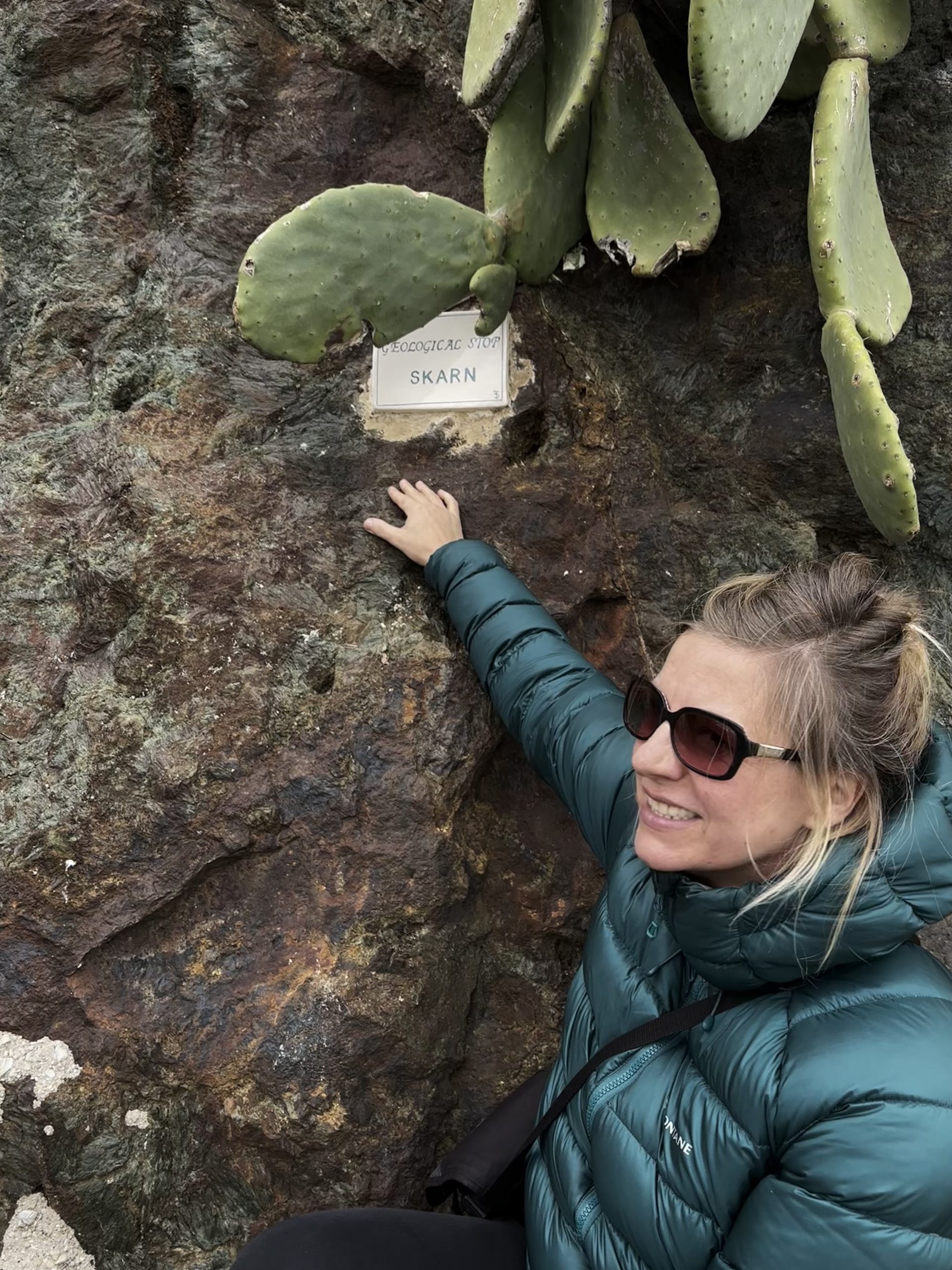
Frank Melcher
Frank Melcher chairs the Geology and Economic Geology Department of the Montanuniversitat Leoben, Austria and is a full professor at this University. Formerly he was a senior researcher at the Bundesanstalt für Geowissenschaften und Rohstoffe in Hannover, Germany. His research interests concern mostly geochemistry, mineral exploration, and geochronology of ore deposits. His laboratory at the University of Leoben develops research concerning trace elements in sulfide minerals, especially sphalerite. Profesor Melcher publish not only geological papers but also in terms of mineral resources management.
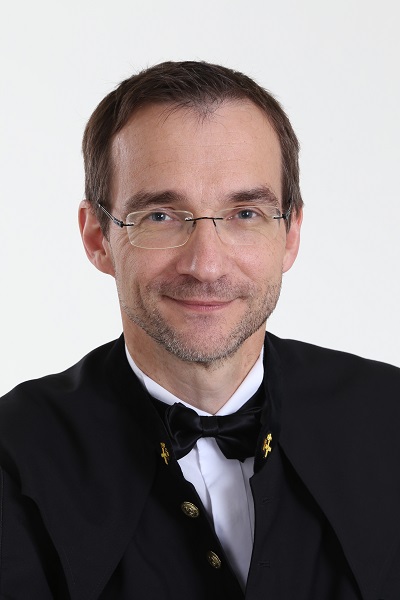
Katrin Pollmann
biologist, specialised in microbiology. Helmholtz-Zentrum Dresden – Rossendorf
Since 2011 Dr. Katrin Pollmann has been leading a team at the Helmholtz-Institute Freiberg for Resource Technology, since 2018 she is the head of the department Biotechnology; in her team she is developing bio-based technologies for the recovery of metals from different kind of resources as well as for enabling an circular economy; she is or was the coordinator and initiator of more than 20 national and international projects.
Research expertise: microbiology; interaction of metals with microorganisms; application of biomolecules and biological agents for metal recovery; combination of bioeconomy with resource technology for a sustainable circular economy of metals; bioleaching: extraction of metals from primary and secondary resources using microorganisms or their metabolites; biosorption: development and application of selectively metal binding biomolecules for the recovery of metals from diluted waters; bioflotation: application of biological agents for particle separation, recovery of metals.
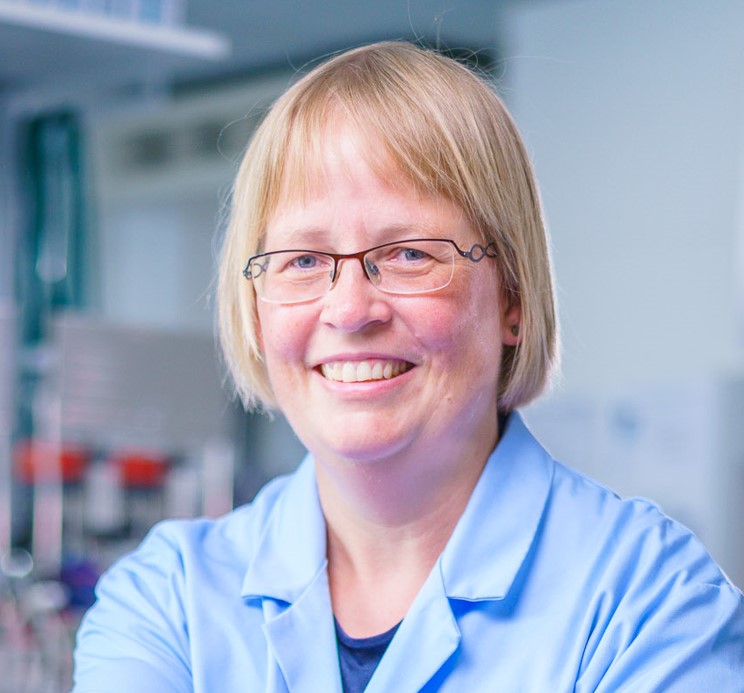
Krzysztof Szamałek
Director of the Polish Geological Institute – National Research Institute
Krzysztof Szamałek is Director of the Polish Geological Institute – National Research Institute. Specialist in economic geology, deposit geology and environmental management. From 1994 to 1997, 2001 to 2002 and 2003 to 2005, he served as Secretary and Undersecretary of State, Chief National Geologist in the Ministry responsible for the environment. He was also director of a department (1997-2001) in the Office of the President of the Republic of Poland responsible for energy and raw materials security and crisis management. He held management positions at Mostostal Warszawa and the Ecofund Foundation. He was deputy director for scientific affairs and scientific secretary at the Institute of Ceramics and Building Materials. Professor Krzysztof Szamałek was a member of the Supervisory Boards of the following companies: KGHM Polska Miedź, Geofizyka Kraków, Petrobaltic, KGHM Metale and Nafta Polska. He chaired the Geological Council to the Minister of the Environment and the Supervisory Board of the National Fund for Environmental Protection and Water Management. Since 2011, he has been a member of the expert base development team of the National Centre for Research and Development. He is vice-chairman of the Committee for Sustainable Development of Mineral Resources Management of the Polish Academy of Sciences.
